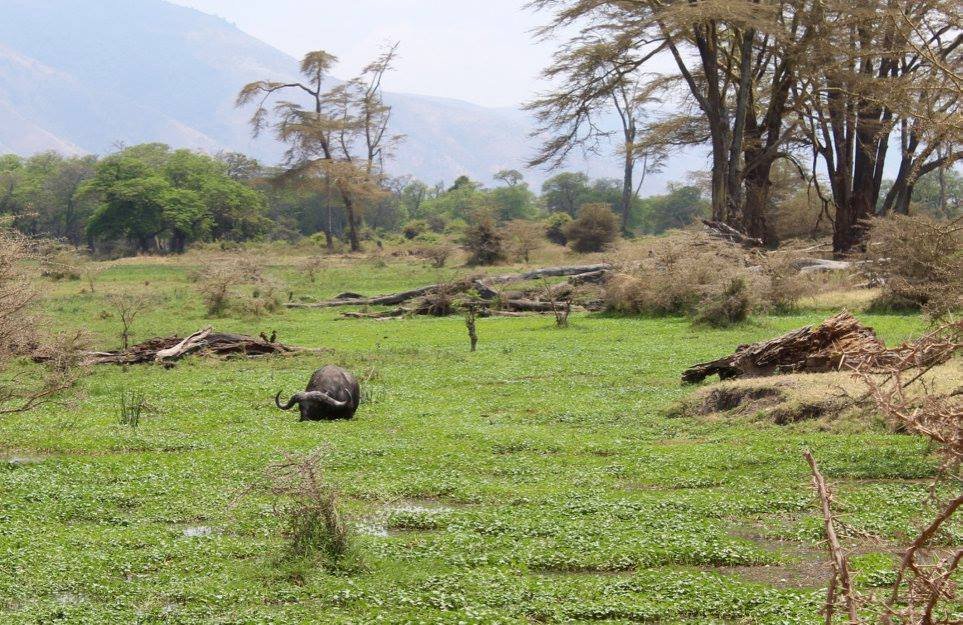
Water buffalo in Ngorongoro Crater
Preprints
Publications
Jackson, J.C., Halberstadt, J., Takezawa, M., Liew, K., Smith, K.M., Apicella, C.L., & Grey, K. (2023). Generalized morality culturally evolves as an adaptive heuristic in large social networks. Journal of Personality and Social Psychology, 125(6), 1207-1238. [OSF]
Smith, K.M., Pisor, A.C., Aron, B., Bernard, K., Fimbo, P., Kimesera, R., & Borgerhoff Mulder, M. (2023). Friends near and afar, through thick and thin: Comparing contingency of help between close-distance and long-distance friends in Tanzanian fishing villages. Evolution and Human Behavior, 44(5), 454-465. [SM] [OSF]
Erut, A., Smith, K.M., Barrett, H.C. (2023). Lying about the future: Shuar-Achuar epistemic norms, predictions, and commitments. Cognition, 239, 1-12. [SM] [OSF]
Smith, K.M., Mabulla, I.A., & Apicella, C.L. (2023). Hearing prosocial stories increases Hadza hunter-gatherers’ generosity in an economic game. Human Nature, 34(1), 103-121. [SM][OSF]
Smith, K.M., Mabulla, I.A., & Apicella, C.L. (2022). Hadza hunter-gatherers with greater exposure to other cultures share more with generous campmates. Biology Letters, 18(7), 1-6. [SI][OSF]
Smith, K.M., & Apicella, C.L. (2022). Hadza hunter-gatherers are not deontologists and do not prefer deontologists as social partners. Journal of Experimental Social Psychology, 101, 1-9. [SI][OSF]
Workman, C.I.,* Smith, K.M.,* Apicella, C.L., & Chatterjee, A. (2022). Evidence against the 'anomalous-is-bad-stereotype' among Hadza hunter-gatherers, Scientific Reports, 12(8693), 1-10. [OSF] *Authors contributed equally to the manuscript.
Stibbard-Hawkes, D.N.E., Smith, K.M., & Apicella, C.L. (2022). Why hunt? Why gather? Why share? Hadza assessments of foraging and food-sharing motive. Evolution and Human Behavior, 43, 257-272. [SM][OSF]
Smith, K.M., & Apicella, C.L. (2020). Partner choice in human evolution: The role of cooperation, foraging ability, and culture in Hadza campmate preferences. Evolution and Human Behavior, 41(5), 354-366. [SI][OSF]
Smith, K.M., & Apicella, C.L. (2020). Hadza hunter-gatherers disagree on perceptions of moral character. Social Psychological and Personality Science, 11(5), 616-623. [OSF]
Smith, K.M., Larroucau, T., Mabula, I.A., & Apicella, C.L. (2018). Hunter-gatherers maintain assortativity in cooperation despite high-levels of residential change and mobility. Current Biology, 28, 3152-3157. [SI][OSF]
Smith, K.M., Olkhov, Y.O., Puts, D.A., & Apicella, C.L. (2017). Hadza men with lower voice pitch have better hunting reputation. Evolutionary Psychology, 15(4), 1-12. [OSF]